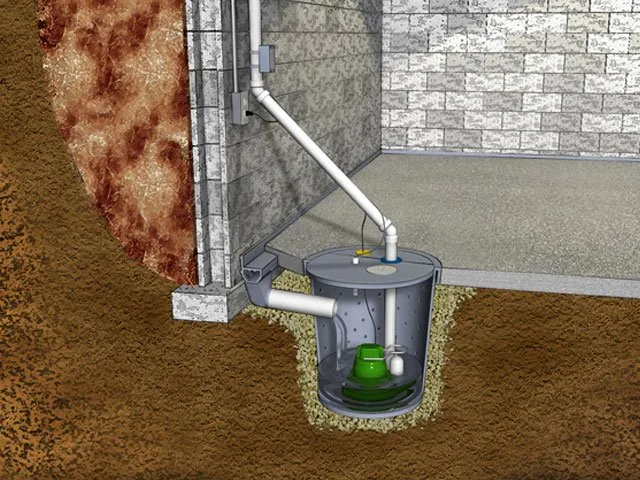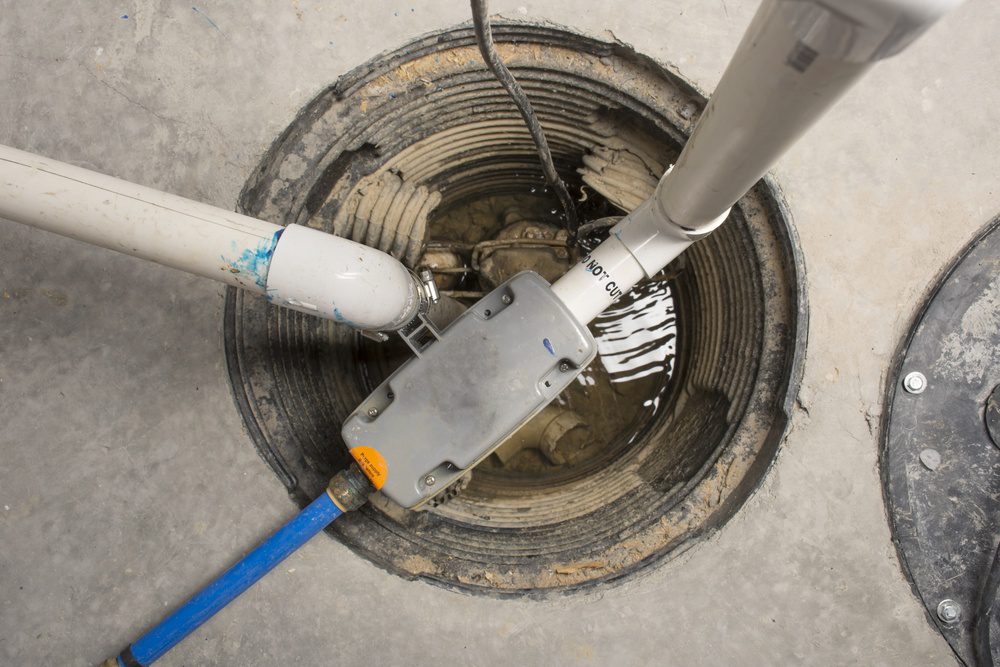Positive Water Treatment Measures: Purchasing Long-Term Water Quality
Positive Water Treatment Measures: Purchasing Long-Term Water Quality
Blog Article
Recognizing the Secret Components of Effective Water Filtration Systems

Relevance of Water Filtering Solution
Water filtering systems play a vital duty in guaranteeing access to clean and risk-free alcohol consumption water by properly getting rid of contaminants and pollutants. These systems are necessary in resolving the expanding problems over water high quality and the possible health and wellness threats linked with eating polluted water. By making use of numerous filtration mechanisms such as reverse osmosis, turned on carbon, and UV sterilization, water filtration systems can effectively eliminate dangerous compounds like bacteria, infections, hefty steels, and chemicals from the water system.
In addition, water filtration systems help to enhance the taste and odor of water by removing chlorine, debris, and other toxins that can affect its quality. Pump repairs & installation. This enhancement in water top quality not only makes it a lot more tasty however additionally motivates people to consume alcohol an appropriate amount of water daily, advertising better hydration and general health
Kinds Of Filtering Elements

Physical filters are designed to physically strain out contaminations from the water. These filters can be made from products like ceramic, carbon, or also sand, and they function by trapping fragments larger than the filter's pores as water passes via.
Chemical filters utilize various chemical processes to get rid of pollutants from the water. Examples include turned on carbon filters, which adsorb contaminations, and turn around osmosis membrane layers, which use pressure to separate pollutants from the water.
Organic filters use living microorganisms like algae or germs to damage down raw material and pollutants in the water. These filters are typically used in wastewater treatment plants or natural water purification systems.
Recognizing the different kinds of filtration components is vital for picking the most suitable water filtration system for specific filtration demands.
Function of Sediment Filters
Sediment filters play a vital role in water filtration systems by successfully recording strong fragments suspended in the water. These filters are normally the first line of protection in a filtration system, getting rid of larger fragments such as sand, silt, dust, and rust prior to the water moves with finer filtration stages. By trapping these debris, the filters prevent them from reaching downstream elements, thus extending the life expectancy and performance of the entire system.
The feature of debris filters is important in maintaining water high quality and shielding sensitive equipment from damages caused by debris. In addition, by eliminating noticeable particles, debris filters enhance the clearness and taste of the water. Frequently cleansing or changing debris filters is important to make sure ideal efficiency. Disregarding this upkeep can lead to blocking, decreased water flow, and compromised purification efficiency. Generally, sediment filters are essential parts that contribute substantially to the efficiency of water filtering systems.
Duty of Turned On Carbon Filters
Playing an essential function in water purification systems, activated carbon filters are critical in removing impurities and impurities from the water system. These filters are made to adsorb and trap a vast array of toxins, including chlorine, volatile natural compounds (VOCs), pesticides, and herbicides. The turned on carbon product has a huge surface, enabling the reliable capturing of impurities with a procedure called adsorption. As water travels through the filter, the turned on carbon holds and draws in onto the contaminations, ensuring that the water that appears beyond is cleaner and more secure for intake.
Turned on carbon filters are very efficient at enhancing the preference and smell of water by go to my blog minimizing chemicals that can influence its high quality. They are likewise with the ability of removing particular heavy steels like lead and mercury. Additionally, these filters can aid avoid the accumulation of microorganisms and algae in water, more enhancing its overall top quality. As a result of their flexibility and reliability, turned on carbon filters are a crucial element in guaranteeing that water is purified to the greatest standards before reaching consumers.
Understanding Reverse Osmosis Equipments
Reverse osmosis systems are sophisticated water filtering systems that utilize a sophisticated procedure to remove contaminants and impurities from drinking water. These systems function by applying pressure to the water, forcing it with a semi-permeable membrane. This membrane layer functions as a barrier, permitting only pure water molecules to travel through, while blocking bigger molecules such as minerals, chemicals, and various other impurities. Therefore, the water that appears beyond is significantly cleaner and safer for intake.
One trick advantage of reverse osmosis systems is their capability to remove a vast array of contaminants, consisting of hefty metals, dissolved viruses, solids, and germs. This makes them very effective in enhancing the overall top quality and safety and security of drinking water. Furthermore, reverse osmosis systems are reasonably low-maintenance and can be set up under the sink or in a central purification system, giving hassle-free accessibility to tidy water throughout the family. Overall, recognizing just how reverse osmosis systems function can help individuals make informed decisions regarding their water filtration needs.
Final Thought
In conclusion, reliable water filtration systems are essential for ensuring tidy and secure alcohol consumption water. The essential elements of these systems consist of debris filters, activated carbon filters, and turn around osmosis systems. By understanding the feature and why not try these out duty of each component, individuals can make informed decisions when picking a water filtering system. It is essential to prioritize the top quality of water in order to advertise overall health and wellness.
Water purification systems play a crucial function in guaranteeing access to clean and safe drinking water by efficiently getting rid of impurities and pollutants. By using various purification mechanisms such as reverse osmosis, turned check my blog on carbon, and UV sanitation, water purification systems can successfully remove hazardous materials like microorganisms, infections, heavy metals, and chemicals from the water supply.
Sediment filters play a crucial duty in water purification systems by properly recording solid particles suspended in the water (Pump repairs & installation).Playing a crucial duty in water filtration systems, turned on carbon filters are critical in getting rid of pollutants and impurities from the water supply.Reverse osmosis systems are sophisticated water purification systems that utilize an innovative procedure to get rid of pollutants and pollutants from alcohol consumption water
Report this page